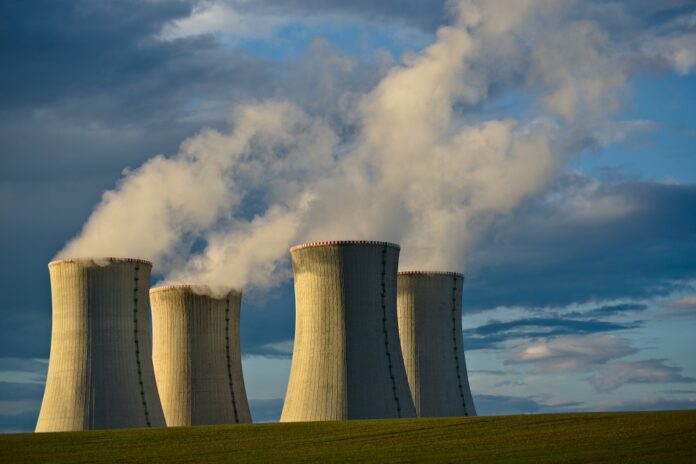Japan’s commencement of treated wastewater discharge from the Fukushima nuclear site into the Pacific Ocean has triggered an international response, reverberating across global markets and diplomatic circles. This development is anticipated to be a protracted process spanning around 30 years. In response to this action, China swiftly retaliated by suspending imports of all aquatic products from Japan, introducing a new layer of complexity to the situation.
The decision to release treated wastewater from the Fukushima nuclear site is endorsed by the International Atomic Energy Agency, as noted by Bloomberg. The process is meticulously controlled, aiming to discharge less than 22 trillion becquerels of tritium annually. Experts cited by Reuters have compared the tritium radiation levels to the negligible exposure received from consuming a single bite of a banana, thus quelling concerns regarding immediate health risks.
AP analysis delves into the multifaceted implications of this development. Japan’s decision to release treated wastewater stems from the limitations in storage tank capacity managed by Tepco, the operator of the plant. The necessity to make room for future wastewater further underscores the complexity of managing post-nuclear disaster challenges.
Global reactions have been mixed. While the International Atomic Energy Agency’s endorsement lends credibility to Japan’s actions, the concern voiced by some nations resonates with AP analysis. The environmental and diplomatic dimensions of this decision are accentuated by China’s swift reaction, as it suspends aquatic product imports from Japan. This retaliatory measure introduces economic consequences to a decision that is inherently intertwined with environmental and health considerations.
This incident serves as a pivotal case study in the delicate balance between economic considerations and environmental stewardship. As Bloomberg and Reuters emphasize, Japan’s challenge lies not only in the technical aspects of wastewater management but also in navigating the intricate web of international trade dynamics and environmental concerns.



